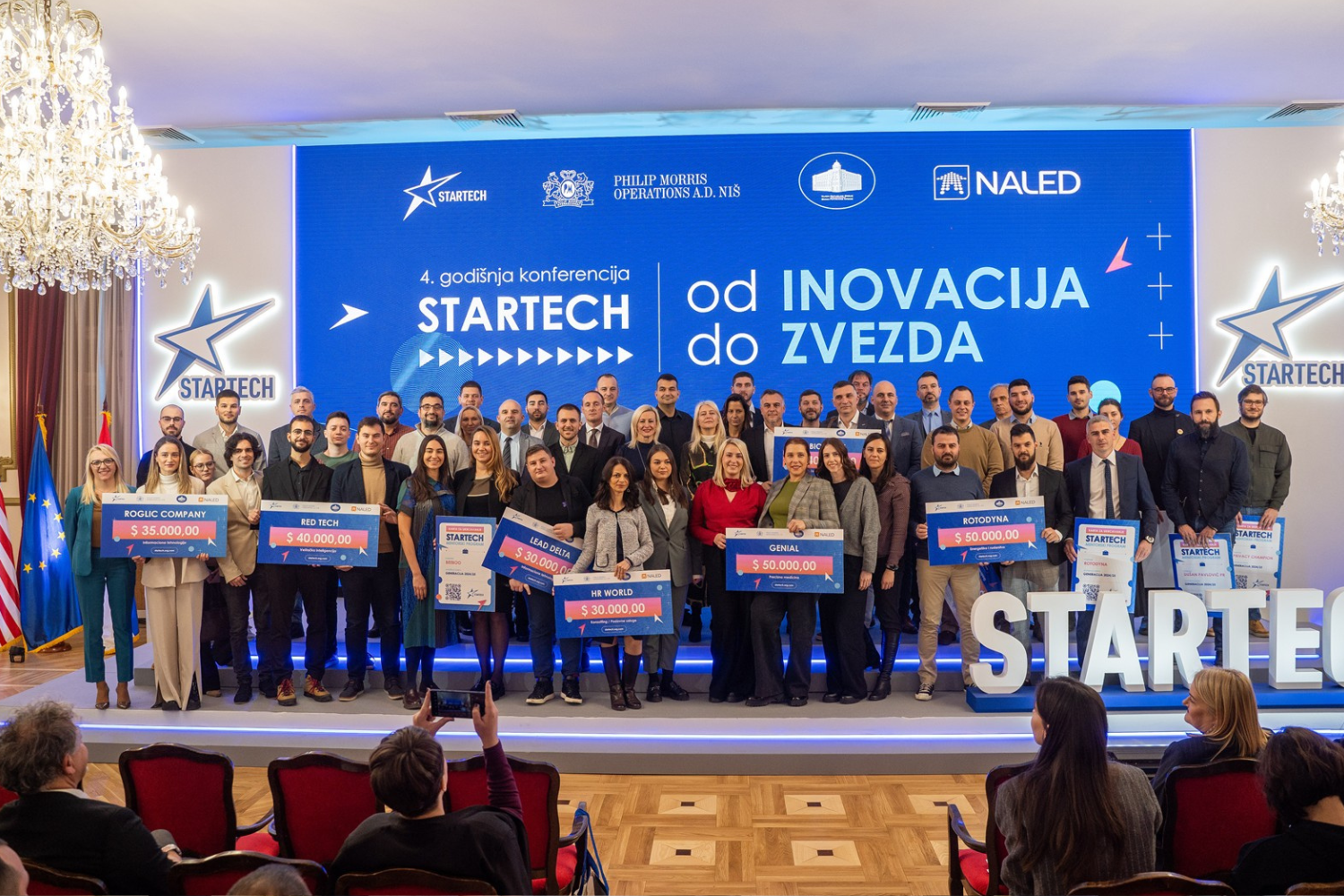The startup ecosystem in Serbia is growing rapidly, but the financial market has not yet kept up at the same pace – the availability of alternative sources of funding, such as business angels, is relatively limited. According to data from the "startup scanner," there are around 750 such companies operating in our country. At the beginning of 2024, they employed about 6,000 people, 2,500 more than in the previous two years.
Startup or a third apartment – where is the future of your investment?
Starting a startup in Serbia is still an endeavor that most often begins with personal savings and the help of family and friends. This is also shown by NALED's research, which reveals that as many as 92.5% of innovators in our country finance their business with personal funds or loans. But does it have to be this way?
Experiences from the European Union show that it doesn’t have to be: alternative sources of financing can be key for faster growth and success, and among them, business angels occupy a special place. These investors recognize potential and invest not only money but also their knowledge, contacts, and mentoring support. Today, in Europe, especially in the United Kingdom, Germany, and France, they are a key factor in the startup ecosystem. According to the European Business Angels Network (EBAN), the number of "super angels" in these markets is growing, with these investors typically putting over half a million euros into innovative ideas and models.
In Serbia, the startup ecosystem is growing rapidly, but the financial market has not yet kept up at the same pace – the availability of alternative sources of funding such as business angels is relatively limited. According to the "startup scanner" data, there are about 750 such companies in our country. At the beginning of 2024, they employed around 6,000 people, 2,500 more than in the previous two years.
On the other hand, many investors in Serbia and the region traditionally choose real estate as a safe haven for their capital or keep it in savings accounts. NALED's research shows that less than 5% of surveyed startups have used any alternative sources of financing.
- Business angels, individual investors who finance the early stages of innovative companies, not only have the opportunity for significant returns on investment but also become part of the exciting story of growth and success. Instead of letting money "sit" in the bank or be tied up in real estate, which is slow to pay off and has high costs of ownership and usage, a smart investment in promising entrepreneurs can bring long-term profits and personal satisfaction because it directly supports the development of new ideas and technologies. For example, global startups worth billions today, like Airbnb and Uber, got their first chances precisely thanks to business angels, says Ivana Bogosavljević Čikić, head of the Project Management Support Unit at NALED, noting that while the risk of such investments is higher, so too is the potential return.
In addition to the potential earnings, investing in startups provides an opportunity to create new jobs, stimulate innovation, and strengthen the domestic economy. The problem in our country is that investors are reluctant to support startups in the early stages, when they need smaller investments, typically ranging from 20,000 to 50,000 euros.
Our interviewee also points out that traditional sources of financing used by the economy are not always the optimal choice for startups. For example, bank loans to start a business in Serbia are often inaccessible or unfavorable, with only three percent of startups reporting that they have used them. On the other hand, programs like StarTech, aimed at promoting innovation and technological development in Serbia, which NALED implements in cooperation with the Serbian Government and is funded by Philip Morris, provide an opportunity to receive non-refundable funds.
- More than half of the startups in Serbia have used some form of grants to launch and develop their business ideas. Innovators also have access to venture capital (VC) funds and "peer-to-peer" loans, which are loans between individuals, without the involvement of banks, says Bogosavljević Čikić.



